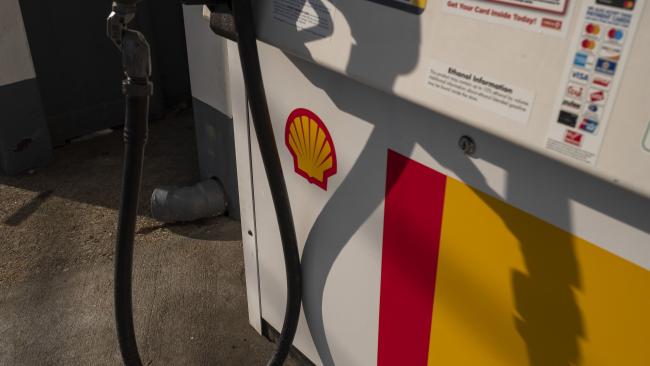(Bloomberg) -- Royal Dutch Shell (LON:RDSa) Plc will write down between $15 billion and $22 billion in the second quarter, as the company gave investors a wider glimpse of just how severely the coronavirus crisis has hit Big Oil.
The pandemic left no part of the energy giant’s sprawling business unscathed. Oil production slowed, fuel sales fell and shipments of everything from liquefied natural gas to petrochemicals suffered.
The dire second quarter also threatened to have a lasting legacy, as reductions in long-term price forecasts will force writedowns on the value of assets all over the world, with its integrated gas business taking the biggest hit.
The drop in demand comes as little surprise. Oil majors’ earnings took a beating in the first quarter, and the companies warned that things would only get worse as the full impact of the pandemic started to be felt in March. Despite a recent rebound in consumption in some of the worst-hit countries, resurgent waves of the virus show the recovery remains fragile.
Oil-product sales volumes will be 3.5 million to 4.5 million barrels a day in the second quarter, down from 6.6 million a year earlier, driven by a “significant drop” in demand because of the pandemic, the oil major said Tuesday in a statement ahead of quarterly results on July 30.
Shell said it has revised its mid- and long-term pricing and refining margin outlook, and expects gearing -- a measure of debt -- to increase by as much as 3% due to the impairment charges.
Drastic Changes
The coronavirus has exposed the vulnerability of some of the world’s biggest oil and gas companies, but also given them the opportunity to make investors swallow some unpleasant remedies. Since the pandemic started, Shell and BP (NYSE:BP) Plc have made drastic changes to their businesses, from multibillion-dollar writedowns to big cuts to dividends and jobs.
They explained these moves as responses to the dual threats of the lockdown-induced oil slump and the growing pressure to cut carbon emissions. BP has said oil and gas prices will be lower than expected in the coming decades as the virus hurts long-term demand and accelerates the shift to cleaner energy.
Shell’s in-house trading unit, which can be a boon when other parts of the business are hurting, won’t provide respite this quarter. Trading and optimizations results “are expected to be below average,” the company said. That compares to 2019, when Shell - as with the many of the world’s largest energy traders - enjoyed one of its best years in gas trading.
The company indicated more pain to come from LNG sales, which have a price lag of 3 to 6 months compared with oil. The impact of crude prices on LNG margins became “more prominent” from June.
Longer term, Shell is optimistic about the LNG market, with Chief Executive Officer Ben van Beurden telling Bloomberg in an interview in May that he expects the market to recover to pre-virus levels.
In April, Van Beurden cut the company’s dividend for the first time since the Second World War. In May, the Anglo-Dutch major said it would be well-placed to boost shareholder payouts again once the oil market recovers.
(Updates with writedown in first paragraph)
©2020 Bloomberg L.P.
